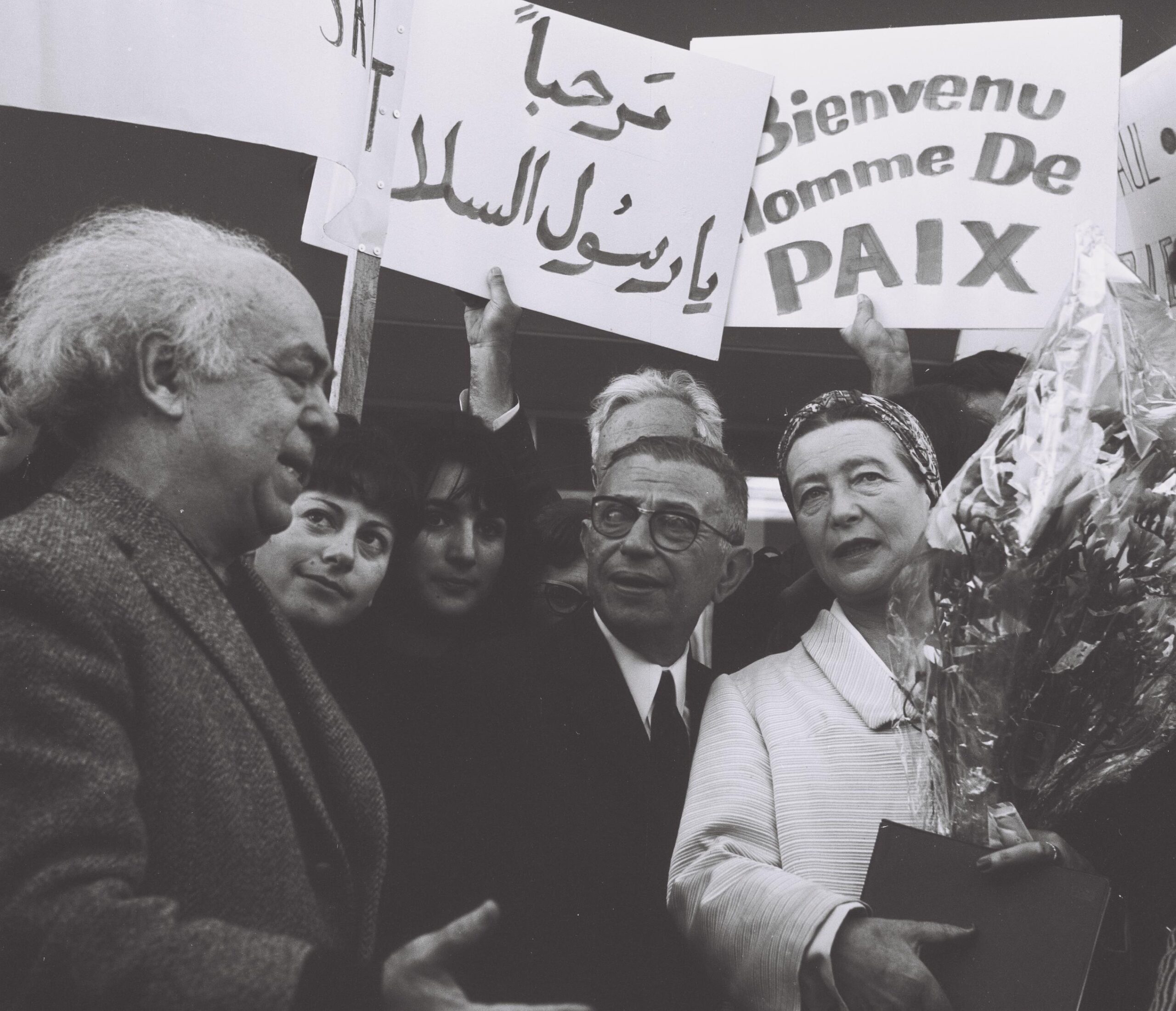
May 18, 1973
Abraham Shlonsky, renowned Israeli poet, editor and translator, dies in Tel Aviv at the age of 73.
He was born March 6, 1900, in Kharkov, Russia, today in Ukraine, into a Chabad Hasidic family with an affinity for Ahad Ha’am and his views on cultural Zionism. When he was 13, Shlonsky was sent to study at the prestigious Herzliya gymnasium in Tel Aviv, the first school to teach all subjects in Hebrew.
When World War I began, he was forced to return to Russia, where he completed high school and lived through the upheaval of the Russian Revolution and accompanying pogroms. At 19, Shlonsky published his first poem,“Bi-Demei Ye’ush,” in Ha’Shiloah, a periodical published in Berlin. In 1922, believing that life for European Jewry would get increasingly untenable, he immigrated to the Land of Israel as a Zionist pioneer and worked as a road-builder. He published his first poem in Israel that year and moved to Tel Aviv, where he joined other emerging young writers in forming a Hebrew literary circle.
One of Shlonsky’s linguistic innovations was to feature colloquial Hebrew in his writing, putting him at the forefront of developing Hebrew into a modern language. For his translations from English and Russian to be faithful to the original text and meaningful in Hebrew, Shlonsky introduced new Hebrew expressions. Thousands of entries in the 1989 publication Dictionary of Shlonsky’s Neologisms, compiled by lexicographer Yaakov Kna’ani, testify to Shlonsky’s creativity and industriousness. As Hebrew was revived as an everyday language, the creation of many words became necessary, and Shlonsky was among the greatest linguistic innovators.
Shlonsky’s poems reflect his political and social outlook, notably the creation of secular Jewish culture in Israel. Many historians and literary scholars point out his considerable agenda in creating words, phrases and translations. Part of the Third Aliyah, Shlonsky, along with many other Russian immigrants, divested himself of traditional Jewish practice, opting to be part of a modern, secular, pioneering, agricultural community. He rebelled against the writing and sentiments of Hayim Nahman Bialik, whose work reflected a more romantic view of Jewish nationalism. In this way, Shlonsky had a profound effect on the national character that developed in modern Israel.
In his later years, Shlonsky’s writing reflected a tone of disappointment with a pioneer’s life of passive contentment, a life that in his view lacked a contemplative nature and drive. Finally, in a third phase of poetry, Shlonsky acknowledged guilt with rejecting and neglecting his Jewish tradition.
Shlonsky published hundreds of works. He also translated many literary classics into Hebrew, including works by William Shakespeare, George Bernard Shaw, Victor Hugo and Bertolt Brecht.
